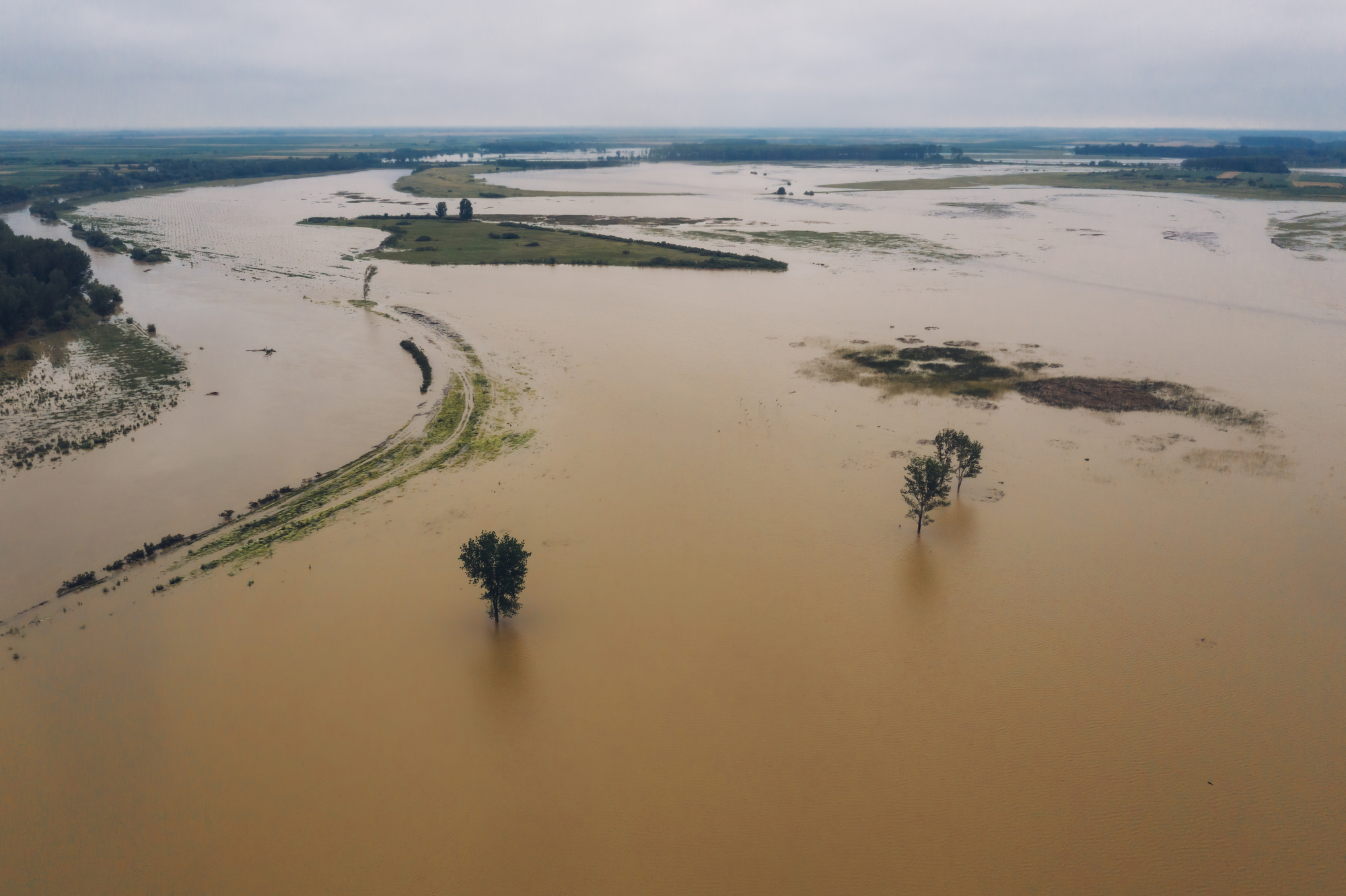Korea, Climate Change, and Intergenerational Justice

Last week, the Constitutional Court of Korea began its second and final hearing in a landmark case concerning their government’s handling of the global climate crisis. Similar claims have been filed in the United States, Europe, Canada, Australia, India and Brazil; with one such case against the Swiss government succeeding in the European Court of Human Rights just weeks earlier. Yet this is the first case of its kind in East Asia. The setting for the lawsuit is apt, given that Korea’s long, low coastline puts it among the countries most vulnerable to the impacts of climate change. Sea levels along Korea’s coast have risen around 10 centimetres in the last 40 years. This – combined with a significant increase in the severity and frequency of extreme weather events – has made flash flooding the most frequent natural disaster in the country, with 2022 seeing the heaviest rain to hit Seoul in 115 years. In 2020, three successive tropical cyclones in the space of two weeks caused 676 power outages affecting more than 300,000 households. In total, 46 lives were lost to storms and extreme rainfall in that same year.
The case currently before the Constitutional Court claims that the Korean government has failed to protect its people by not doing enough to tackle the climate crisis. Two hundred plaintiffs are named – largely babies and children. Yet there is one plaintiff that deserves special attention: an unborn fetus nicknamed “Woodpecker.”
Much of our moral discussions focus on how our actions might wrong others. I have previously claimed, for example, that we wrong other members of our community by failing to get vaccinated; that we wrong our children by sharing images and videos of them online; and that we wrong members of certain cultures by depositing human remains on the Moon. These claims are largely unproblematic, since they are based upon the immediate harms that we cause to certain individuals. But claims like that made by Woodpecker are more challenging. They force us to ask the question: can we wrong someone who does not (yet) even exist?
Consider an example to help make this concern more acute: Suppose that Blight Inc. builds a factory in the midst of an idyllic lakeside community. Suppose, further, that this factory begins spewing toxic effluent into the lake. This pollution creates a battery of predictable harms: fish stocks dwindle, the waters cease to be swimmable, and toxins find their way into the town water supply. The actions of Blight Inc. obviously wrong a great many people: the fishermen whose livelihoods have been destroyed; the leisurists who can no longer use the lake for recreation; and the townsfolk who now find themselves sick as a result of their polluted drinking water. Given this, it seems likely that these individuals will have a strong moral claim against Blight Inc. to cease all future harms, and (most likely) compensate for the harms already incurred.
But suppose that some of these harms will continue far into the future. Suppose that the pollutants find their way into the ecosystem, and will create health problems for residents of the town for at least another century. Suppose that a child (call them “Bluebird”) will be born in 2124 with a severe illness resulting directly from Blight Inc.’s pollution in 2024. Can we coherently claim that Blight Inc. now wrongs Bluebird, even though Bluebird does not (yet) exist?
It seems that we can. And perhaps this isn’t all that surprising. The effects of most of our actions are immediate – so that if we do something harmful, that harm tends to occur now. This limits the scope of our victims and makes them relatively easy to identify. But not all of our actions are this way. Sometimes, the harmful effects of our actions are deferred. And this is precisely what happens in the case of Bluebird. While some of the harms leading from Blight Inc.’s actions are immediate, others are deferred – and deferred for a very long time. But this no less makes them harms for which Blight Inc. is responsible. And the very same is true of the climate crisis. While we are already feeling the effects of the crisis, the worst of the harms we are trying to avoid will not occur for decades, or even centuries. Thus, if we do fail to avert disaster, the harms that result from this failure will be deferred for some time. Yet they are still harms for which we seem responsible.
This notion forms the basis of what is called intergenerational justice: the idea that our actions now are capable of wronging those who will come into existence in the future.
Perhaps this seems intuitive. But it remains a controversial suggestion. For most of our discussions of morality, claims of injustice – of being wronged – are limited to those who exist. Yet intergenerational justice makes a bold stride in the direction of making claims of injustice about individuals who do not exist. What’s more, intergenerational justice drastically widens the scope of individuals to whom we owe duties. Consider, again, the lake pollution case above. In pumping effluent, Blight Inc. does not just wrong (and therefore potentially owe compensation to) the current residents of the town, but also every future resident of the town who will be harmed by their actions. And the same is true of climate change. Our failure to arrest disaster now wrongs not only those who are currently harmed by the climate crisis, but every person in the future who will also be harmed.
And there’s a deeper concern, too: one that might potentially undermine the very foundation for any claim of intergenerational justice. Next time, I will turn to consider this, and see what it might mean for the claims of individuals like Woodpecker.




